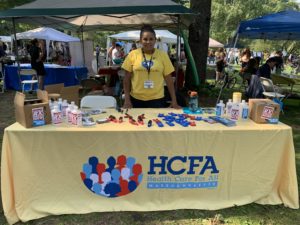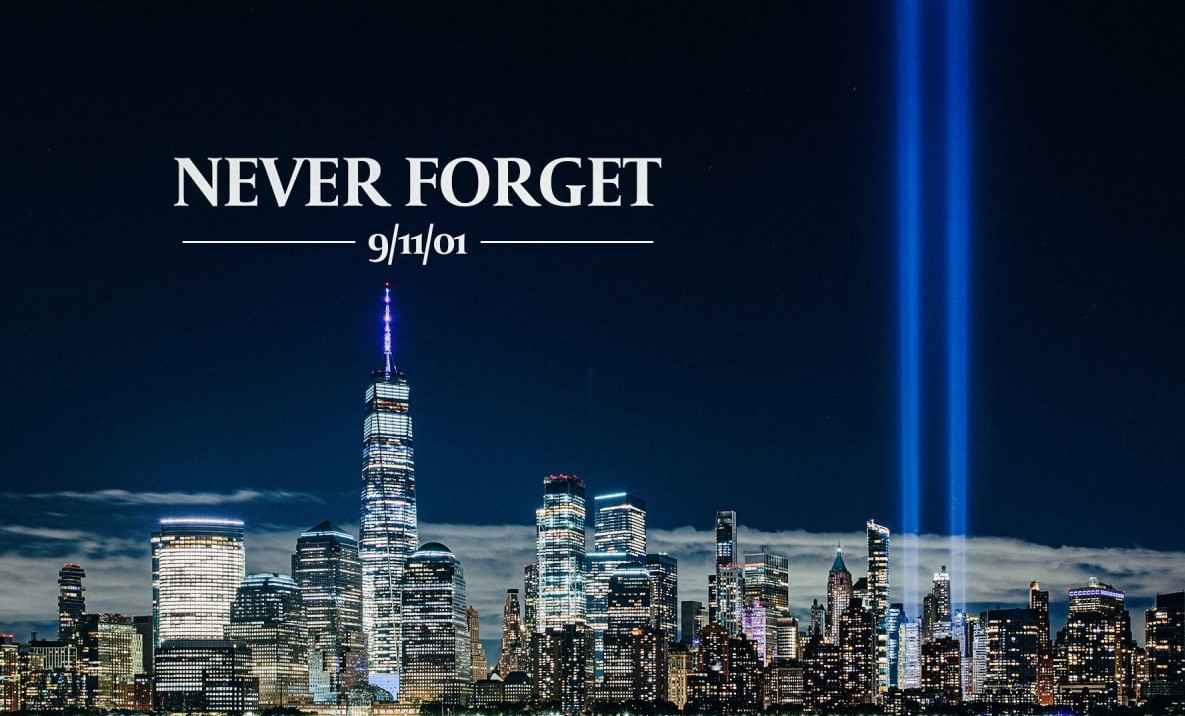September 11 is more than just a date on the calendar; it represents a moment seared into global consciousness, a moment that claimed 2,977 lives in a tragedy that shook the world. While the immediate loss was devastating, the ripple effects of this day have persisted in ways often overlooked—especially in the realms of public health, health care inequities and long-term morbidities.
The human toll of September 11 was immediate and horrifying. Each life lost represented a world unto itself—a web of relationships, aspirations and dreams that were snuffed out in an instant. These individuals were parents, children, friends and colleagues whose absences have left irrevocable gaps in the fabric of communities across the globe. But the loss didn’t end on that day. By 2020, more than 3,800 first responders, the heroes who rushed in to save lives, were diagnosed with cancer due to their exposure to toxic air at Ground Zero. Unfortunately, many have since passed away. This alarming statistic reveals the stark inequities in our health care system, with first responders and their families often struggling to access or afford the specialized care they require.
The mental scars left by the attacks have also cast a long shadow. Studies indicate that up to 20% of individuals directly exposed to the traumatic events of 9/11 have experienced symptoms of Post-Traumatic Stress Disorder (PTSD). Yet, the care and treatment for mental health have been uneven, particularly among minority and low-income populations. These communities found mental health services to be largely inaccessible in the aftermath of the attacks, exacerbating existing health care disparities and adding another layer of tragedy to an already heartbreaking event.
Additionally, the physical health consequences of the attacks were not limited to the adults directly involved. Studies have found that children exposed to the toxic aftermath were more likely to develop long-term health issues such as respiratory conditions and asthma. Such findings are a testament to how the impacts of tragedies like September 11 extend far beyond the initial moment, leaving lasting scars on multiple generations.
It’s in reflecting on September 11th that HCFA remembers not only the lives tragically cut short but also the broader, long-lasting impact on public health. It serves as a sobering reminder of our collective vulnerability and underscores the reason HCFA fights so passionately to address health care inequities within the current system. As we commemorate this day, let us also commit to honoring the memory of those we lost by working to ensure that no one faces undue suffering in the wake of tragedy.
Luby O’Connor is HCFA’s Community Engagement Coordinator.
 References:
References:
National September 11 Memorial & Museum. (n.d.). FAQs. Retrieved from 9/11 Memorial
World Trade Center Health Program. (2020). Annual Statistical Report.
Galea, S., Ahern, J., Resnick, H., Kilpatrick, D., Bucuvalas, M., Gold, J., & Vlahov, D. (2002). Psychological Sequelae of the September 11 Terrorist Attacks in New York City. Journal of Traumatic Stress.
Trasande, L., Thurston, G. D., Boscarino, J. A., Zhang, H., Liu, M., van Wijngaarden, E., & Todd, A. C. (2005). Respiratory Effects in Children from Exposure to the World Trade Center Collapse. Journal of the American Medical Association.

